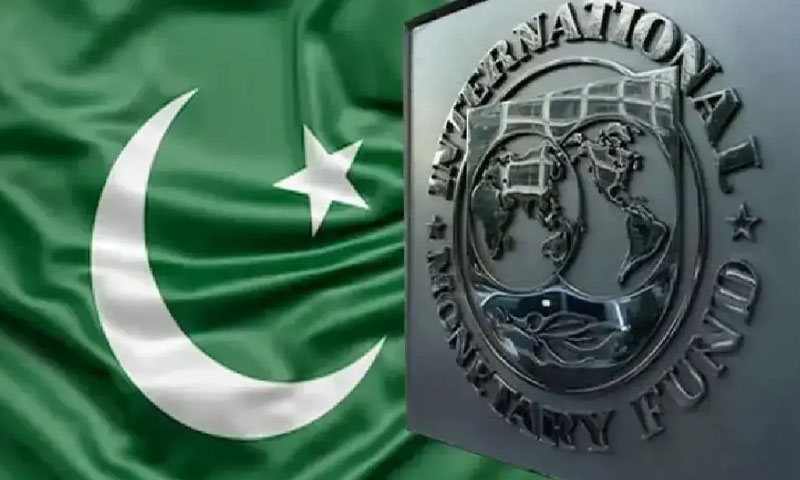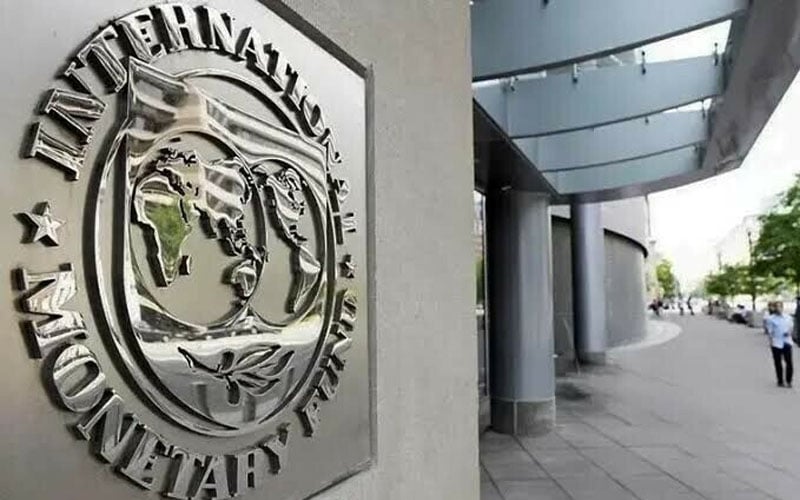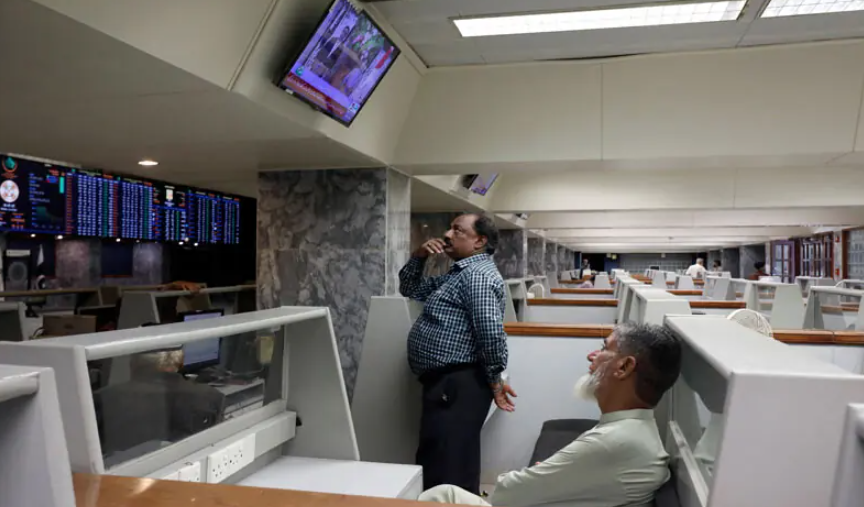TRADE & ECONOMY

Pakistan and the International Monetary Fund (IMF) have reached a staff-level agreement for the next tranche under the Extended Fund Facility (EFF), paving the way for the disbursement of $1.2 billion following approval by the IMF Executive Board.
According to the IMF’s statement, the agreement marks continued progress in Pakistan’s IMF-supported economic program, which has been gradually steering the country toward stability and restored market confidence.
Under the arrangement, Pakistan will receive $1 billion through the EFF and an additional $200 million under the Resilience and Sustainability Facility (RSF).
The IMF noted that Pakistan’s economic reforms have strengthened stability, revived market confidence, and helped deliver a current account surplus for the first time in 14 years during fiscal year 2025. The country’s foreign exchange reserves have improved, and GDP growth is projected between 3.25% and 3.5%.
Inflation remains under control, while financial conditions and foreign exchange reserves have significantly improved. The IMF also observed that interest rates on government bonds have declined, signaling a more stable macroeconomic outlook.
The Fund acknowledged that despite recent progress, Pakistan faced challenges due to devastating floods that affected around 7 million people, causing over 1,000 deaths and widespread destruction of homes, infrastructure, and farmlands.
According to the IMF, the federal and provincial governments will reallocate funds in their budgets to assist flood-affected regions, while the State Bank of Pakistan (SBP) will continue making data-driven monetary decisions to keep inflation within a 5–7% range.
The IMF further commended the government’s commitment to fiscal discipline, energy sector sustainability, and structural reforms, while expressing sympathy for the flood victims.
The successful completion of this staff-level agreement reflects Islamabad’s ongoing engagement with the IMF to ensure economic resilience, fiscal responsibility, and long-term stability.




